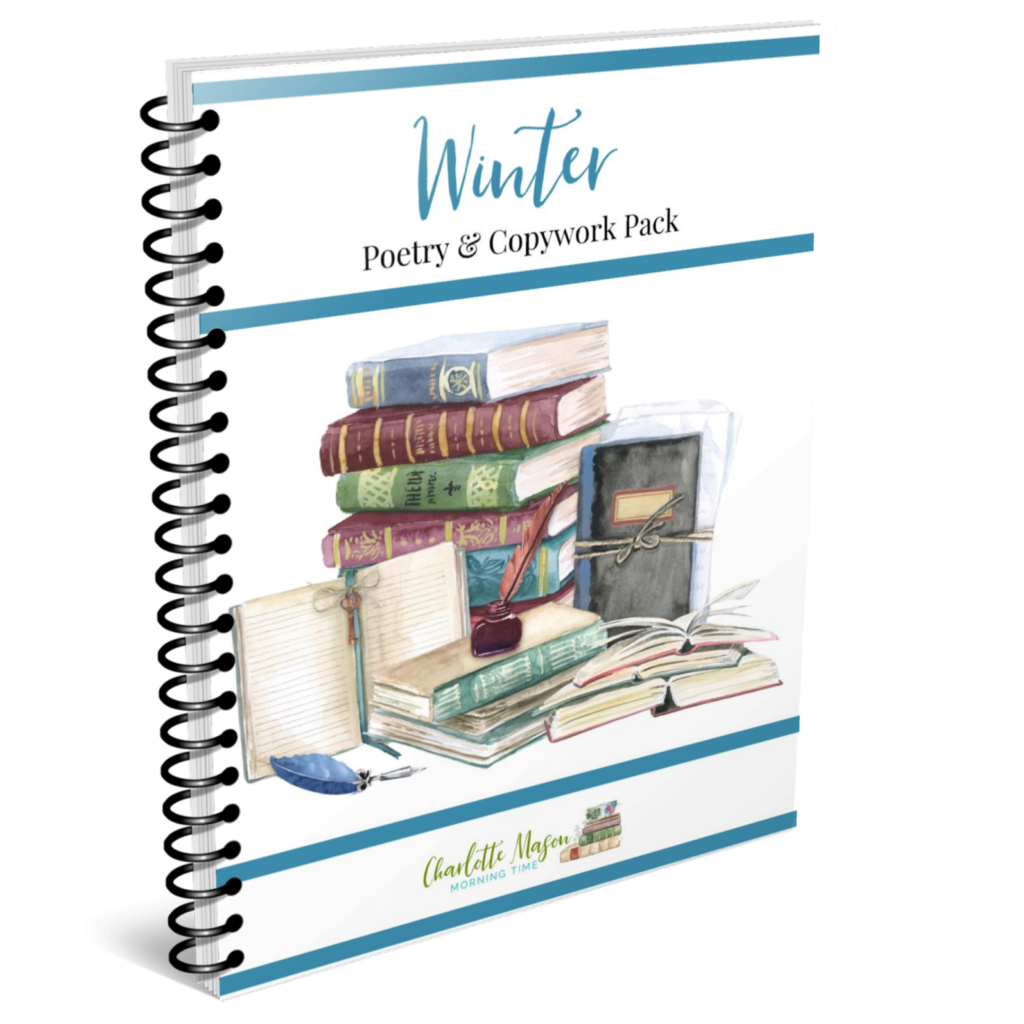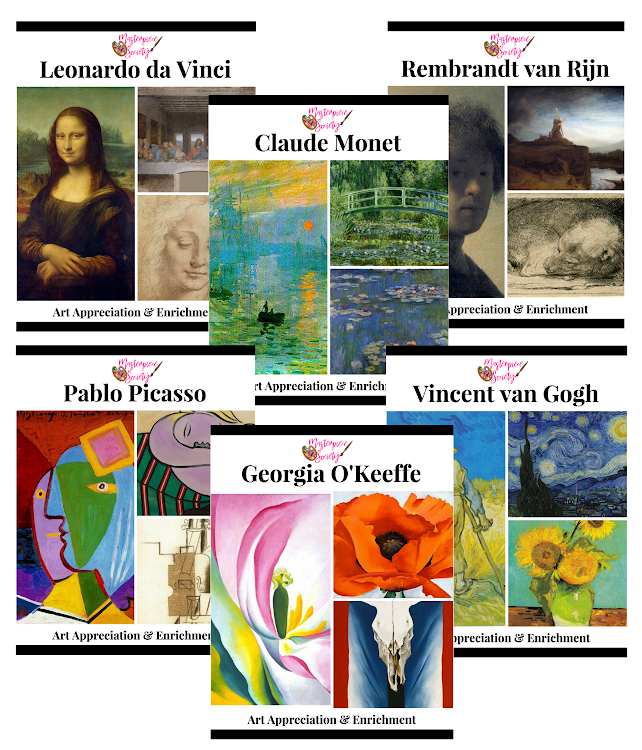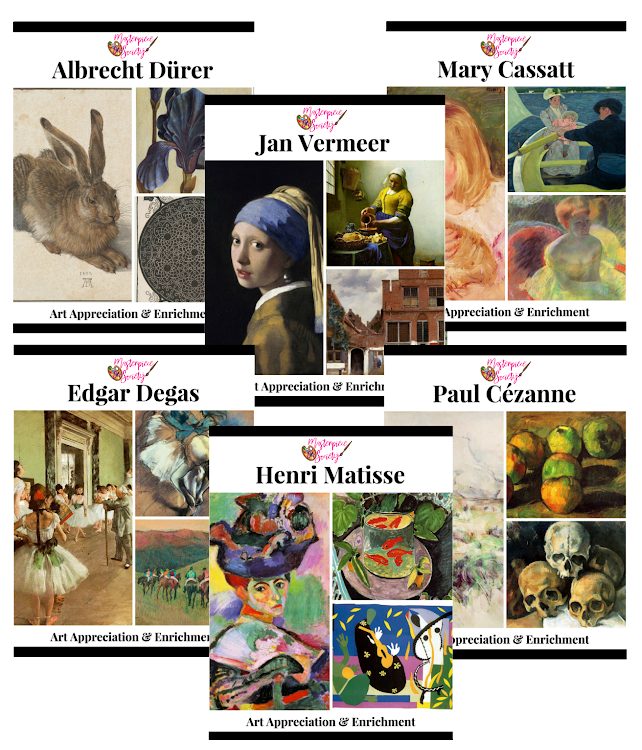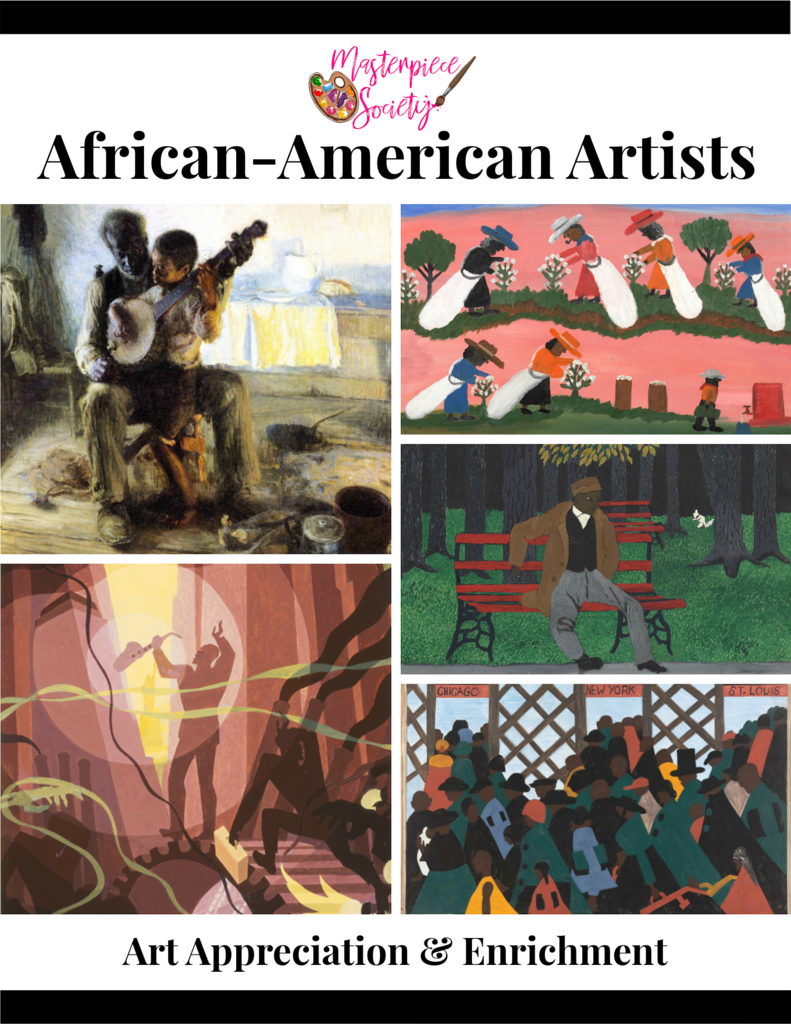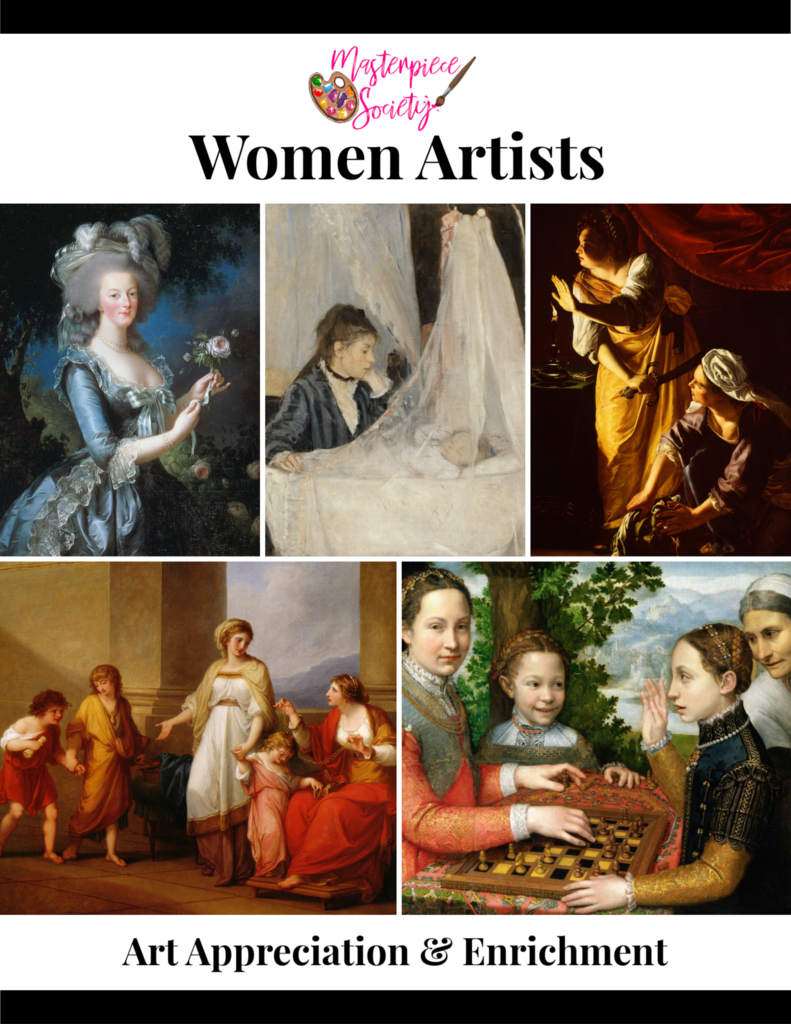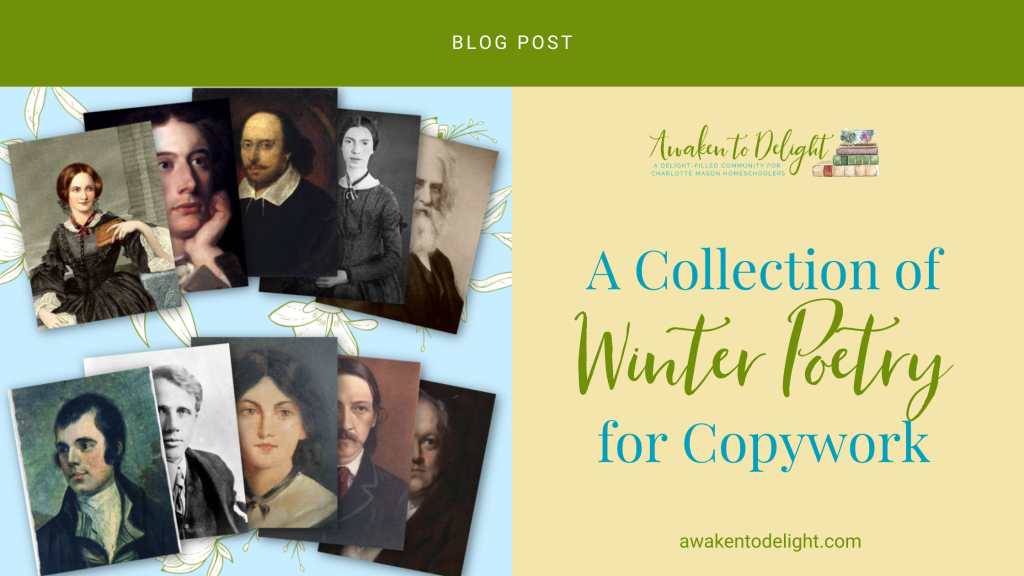
Baby, it’s cold outside, but we have compiled a small collection of winter poems for your literary pleasure! We invite you to put the kettle on, then sit down with your kids and a pot of tea in front of a roaring fire and indulge yourselves in the literary enchantment of winter.
Classic Winter Poems to Warm Your Soul

To Winter
by William Blake
O Winter! bar thine adamantine doors:
The north is thine; there hast thou built thy dark
Deep-founded habitation. Shake not thy roofs,
Nor bend thy pillars with thine iron car.
He hears me not, but o’er the yawning deep
Rides heavy; his storms are unchain’d, sheathèd
In ribbèd steel; I dare not lift mine eyes,
For he hath rear’d his sceptre o’er the world.
Lo! now the direful monster, whose skin clings
To his strong bones, strides o’er the groaning rocks:
He withers all in silence, and in his hand
Unclothes the earth, and freezes up frail life.
He takes his seat upon the cliffs, — the mariner
Cries in vain. Poor little wretch, that deal’st
With storms! — till heaven smiles, and the monster
Is driv’n yelling to his caves beneath mount Hecla.
Spellbound
by Emily Brontë
The night is darkening round me,
The wild winds coldly blow;
But a tyrant spell has bound me
And I cannot, cannot go.
The giant trees are bending
Their bare boughs weighed with snow.
And the storm is fast descending,
And yet I cannot go.
Clouds beyond clouds above me,
Wastes beyond wastes below;
But nothing drear can move me;
I will not, cannot go.

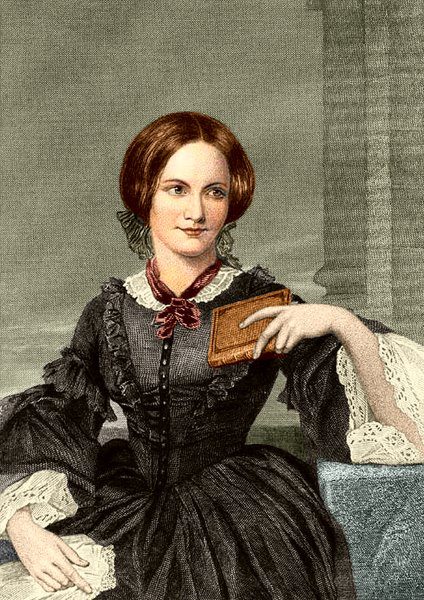
Winter Stores
by Charlotte Brontë
We take from life one little share,
And say that this shall be
A space, redeemed from toil and care,
From tears and sadness free.
And, haply, Death unstrings his bow,
And Sorrow stands apart,
And, for a little while, we know
The sunshine of the heart.
Existence seems a summer eve,
Warm, soft, and full of peace,
Our free, unfettered feelings give
The soul its full release.
A moment, then, it takes the power
To call up thoughts that throw
Around that charmed and hallowed hour,
This life’s divinest glow.
But Time, though viewlessly it flies,
And slowly, will not stay;
Alike, through clear and clouded skies,
It cleaves its silent way.
Alike the bitter cup of grief,
Alike the draught of bliss,
Its progress leaves but moment brief
For baffled lips to kiss
And has the soul, then, only gained,
From this brief time of ease,
A moment’s rest, when overstrained,
One hurried glimpse of peace?
No; while the sun shone kindly o’er us,
And flowers bloomed round our feet,—
While many a bud of joy before us
Unclosed its petals sweet,—
An unseen work within was plying;
Like honey-seeking bee,
From flower to flower, unwearied, flying,
Laboured one faculty,—
Thoughtful for Winter’s future sorrow,
Its gloom and scarcity;
Prescient to-day, of want to-morrow,
Toiled quiet Memory.
’Tis she that from each transient pleasure
Extracts a lasting good;
’Tis she that finds, in summer, treasure
To serve for winter’s food.
And when Youth’s summer day is vanished,
And Age brings Winter’s stress,
Her stores, with hoarded sweets replenished,
Life’s evening hours will bless.
Winter: A Dirge
by Robert Burns
The wintry west extends his blast,
And hail and rain does blaw;
Or the stormy north sends driving forth
The blinding sleet and snaw:
While, tumbling brown, the burn comes down,
And roars frae bank to brae;
And bird and beast in covert rest,
And pass the heartless day.
“The sweeping blast, the sky o’ercast,”
The joyless winter day
Let others fear, to me more dear
Than all the pride of May:
The tempest’s howl, it soothes my soul,
My griefs it seems to join;
The leafless trees my fancy please,
Their fate resembles mine!
Thou Power Supreme, whose mighty scheme
These woes of mine fulfil,
Here firm I rest; they must be best,
Because they are Thy will!
Then all I want-O do Thou grant
This one request of mine!-
Since to enjoy Thou dost deny,
Assist me to resign.
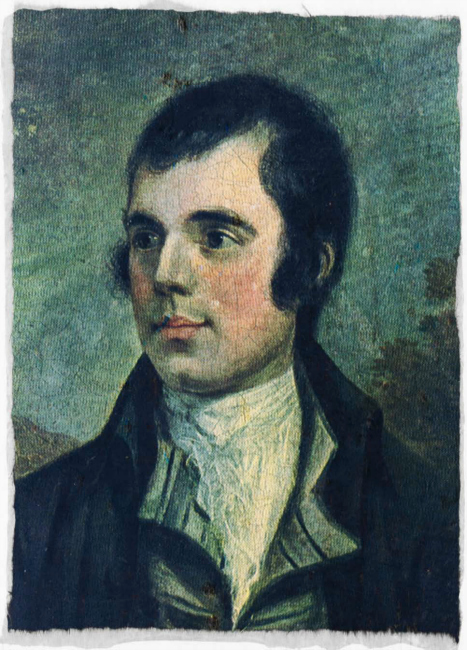

Frost At Midnight
by Samuel Taylor Coleridge
The Frost performs its secret ministry,
Unhelped by any wind. The owlet’s cry
Came loud — and hark, again! loud as before.
The inmates of my cottage, all at rest,
Have left me to that solitude, which suits
Abstruser musings: save that at my side
My cradled infant slumbers peacefully.
‘Tis calm indeed! so calm, that it disturbs
And vexes meditation with its strange
And extreme silentness. Sea, hill, and wood,
This populous village! Sea, and hill, and wood,
With all the numberless goings-on of life,
Inaudible as dreams! the thin blue flame
Lies on my low-burnt fire, and quivers not;
Only that film, which fluttered on the grate,
Still flutters there, the sole unquiet thing.
Methinks, its motion in this hush of nature
Gives it dim sympathies with me who live,
Making it a companionable form,
Whose puny flaps and freaks the idling Spirit
By its own moods interprets, every where
Echo or mirror seeking of itself,
And makes a toy of Thought.
But O ! how oft,
How oft, at school, with most believing mind,
Presageful, have I gazed upon the bars,
To watch that fluttering stranger! and as oft
With unclosed lids, already had I dreamt
Of my sweet birth-place, and the old church-tower,
Whose bells, the poor man’s only music, rang
From morn to evening, all the hot Fair-day,
So sweetly, that they stirred and haunted me
With a wild pleasure, falling on mine ear
Most like articulate sounds of things to come!
So gazed I, till the soothing things, I dreamt,
Lulled me to sleep, and sleep prolonged my dreams!And so I brooded all the following morn,
Awed by the stern preceptor’s face, mine eye
Fixed with mock study on my swimming book:
Save if the door half opened, and I snatched
A hasty glance, and still my heart leaped up,
For still I hoped to see the stranger’s face,
Townsman, or aunt, or sister more beloved,
My play-mate when we both were clothed alike!
Dear Babe, that sleepest cradled by my side,
Whose gentle breathings, heard in this deep calm,
Fill up the intersperséd vacancies
And momentary pauses of the thought!
My babe so beautiful! it thrills my heart
With tender gladness, thus to look at thee,
And think that thou shalt learn far other lore,
And in far other scenes! For I was reared
In the great city, pent ‘mid cloisters dim,
And saw nought lovely but the sky and stars.
But thou, my babe! shalt wander like a breeze
By lakes and sandy shores, beneath the crags
Of ancient mountain, and beneath the clouds,
Which image in their bulk both lakes and shores
And mountain crags: so shalt thou see and hear
The lovely shapes and sounds intelligible
Of that eternal language, which thy God
Utters, who from eternity doth teach
Himself in all, and all things in himself.
Great universal Teacher! he shall mould
Thy spirit, and by giving make it ask.
Therefore all seasons shall be sweet to thee,
Whether the summer clothe the general earth
With greenness, or the redbreast sit and sing
Betwixt the tufts of snow on the bare branch
Of mossy apple-tree, while the nigh thatch
Smokes in the sun-thaw; whether the eave-drops fall
Heard only in the trances of the blast,
Or if the secret ministry of frost
Shall hang them up in silent icicles,
Quietly shining to the quiet Moon.
The Sky Is Low
by Emily Dickinson
The sky is low, the clouds are mean,
A travelling flake of snow
Across a barn or through a rut
Debates if it will go.
A narrow wind complains all day
How some one treated him;
Nature, like us, is sometimes caught
Without her diadem.

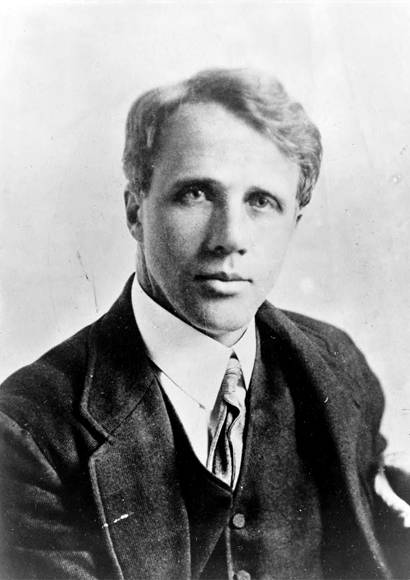
Stopping by Woods on a Snowy Evening
by Robert Frost
Whose woods these are I think I know.
His house is in the village though;
He will not see me stopping here
To watch his woods fill up with snow.
My little horse must think it queer
To stop without a farmhouse near
Between the woods and frozen lake
The darkest evening of the year.
He gives his harness bells a shake
To ask if there is some mistake.
The only other sound’s the sweep
Of easy wind and downy flake.
The woods are lovely, dark and deep.
But I have promises to keep,
And miles to go before I sleep,
And miles to go before I sleep.
Winter In Durnover Field
by Thomas Hardy
Scene: A wide stretch of fallow ground recently sown with wheat,
and frozen to iron hardness. Three large birds walking about thereon,
and wistfully eyeing the surface. Wind keen from north-east: sky a dull grey.
(Triolet)
Rook: — Throughout the field I find no grain;
The cruel frost encrusts the cornland!
Starling: — Aye: patient pecking now is vain
Throughout the field, I find…
Rook: — No grain!
Pigeon: — Nor will be, comrade, till it rain,
Or genial thawings loose the lorn land
Throughout the field.
Rook: — I find no grain:
The cruel frost encrusts the cornland!
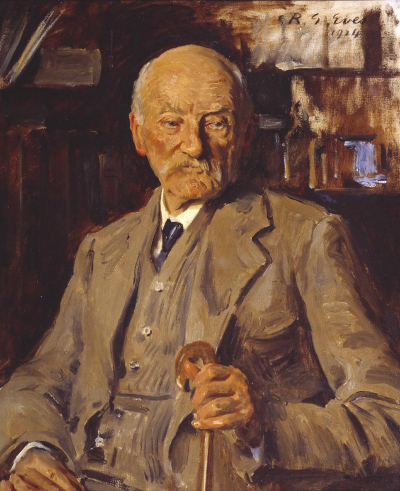

In Drear-Nighted December
by John Keats
In drear-nighted December,
Too happy, happy tree,
Thy branches ne’er remember
Their green felicity:
The north cannot undo them
With a sleety whistle through them;
Nor frozen thawings glue them
From budding at the prime.
In drear-nighted December,
Too happy, happy brook,
Thy bubblings ne’er remember
Apollo’s summer look;
But with a sweet forgetting,
They stay their crystal fretting,
Never, never petting
About the frozen time.
Ah! would ’twere so with many
A gentle girl and boy!
But were there ever any
Writhed not at passed joy?
The feel of not to feel it,
When there is none to heal it
Nor numbed sense to steel it,
Was never said in rhyme.
Snow-Flakes
by Henry Wadsworth Longfellow
Out of the bosom of the Air
Out of the cloud-folds of her garments shaken,
Over the woodlands brown and bare,
Over the harvest-fields forsaken,
Silent, and soft, and slow
Descends the snow.
Even as our cloudy fancies take
Suddenly shape in some divine expression,
Even as the troubled heart doth make
In the white countenance confession
The troubled sky reveals
The grief it feels.
This is the poem of the air,
Slowly in silent syllables recorded;
This is the secret of despair,
Long in its cloudy bosom hoarded,
Now whispered and revealed
To wood and field.
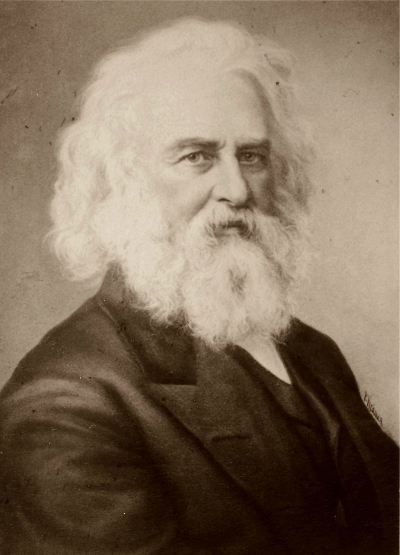

Blow, Blow, Thou Winter Wind
by William Shakespeare
Blow, blow, thou winter wind
Thou art not so unkind
As man’s ingratitude;
Thy tooth is not so keen,
Because thou art not seen,
Although thy breath be rude.
Heigh-ho! sing, heigh-ho! unto the green holly:
Most friendship if feigning, most loving mere folly:
Then heigh-ho, the holly!
This life is most jolly.
Freeze, freeze thou bitter sky,
That does not bite so nigh
As benefits forgot:
Though thou the waters warp,
Thy sting is not so sharp
As a friend remembered not.
Heigh-ho! sing, heigh-ho! unto the green holly:
Most friendship is feigning, most loving mere folly:
Then heigh-ho, the holly!
This life is most jolly.
Winter-Time
by Robert Louis Stevenson
Late lies the wintry sun a-bed,
A frosty, fiery sleepy-head;
Blinks but an hour or two; and then,
A blood-red orange, sets again.
Before the stars have left the skies,
At morning in the dark I rise;
And shivering in my nakedness,
By the cold candle, bathe and dress.
Close by the jolly fire I sit
To warm my frozen bones a bit;
Or with a reindeer-sled, explore
The colder countries round the door.
When to go out, my nurse doth wrap
Me in my comforter and cap;
The cold wind burns my face, and blows
Its frosty pepper up my nose.
Black are my steps on silver sod;
Thick blows my frosty breath abroad;
And tree and house, and hill and lake,
Are frosted like a wedding-cake.

Listen to some of these poems read aloud & pronounced:
We’ve created copywork for your homeschool with ten of these winter poems:
Poetry is an integral part of a Charlotte Mason education. It can be read during morning time, over lunch, in the afternoon with a pot of tea, or at any time of day.
We’ve curated this collection of winter poems to be used to reinforce memorization of beautiful lines as well as for practicing handwriting. After each poem, you will find Zaner-Bloser style handwriting sheets for all ages (primary, elementary, and cursive, as well as college-ruled for older students &/or moms) to be used for copywork.
Simply print out the sheets you need, then set a timer for 5 or 10 minutes and let your kids and teens work on practicing beautiful letters, words, verses, and poems.
If you desire to extend your poetry studies even further, we’ve also included in this packet:
- A short biography of each poet
- Poet Study notebooking page
- Poetry Study notebooking page
- Poetry Teatime Planner page
[Children’s readings] should include a good deal of poetry, to accustom him to the delicate rendering of shades of meaning, and especially to make him aware that words are beautiful in themselves, that they are a source of pleasure, and are worthy of our honour; and that a beautiful word deserves to be beautifully said, with a certain roundness of tone and precision of utterance.” ~ Charlotte Mason
Home Education, p. 227
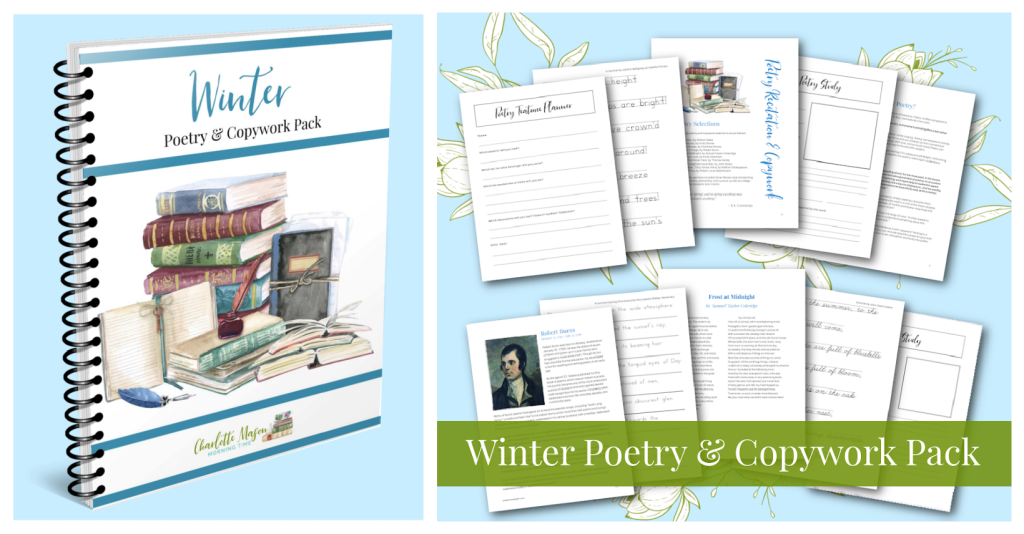
Enjoy these winter poems? Check out our autumn poetry here.
Pin Me!
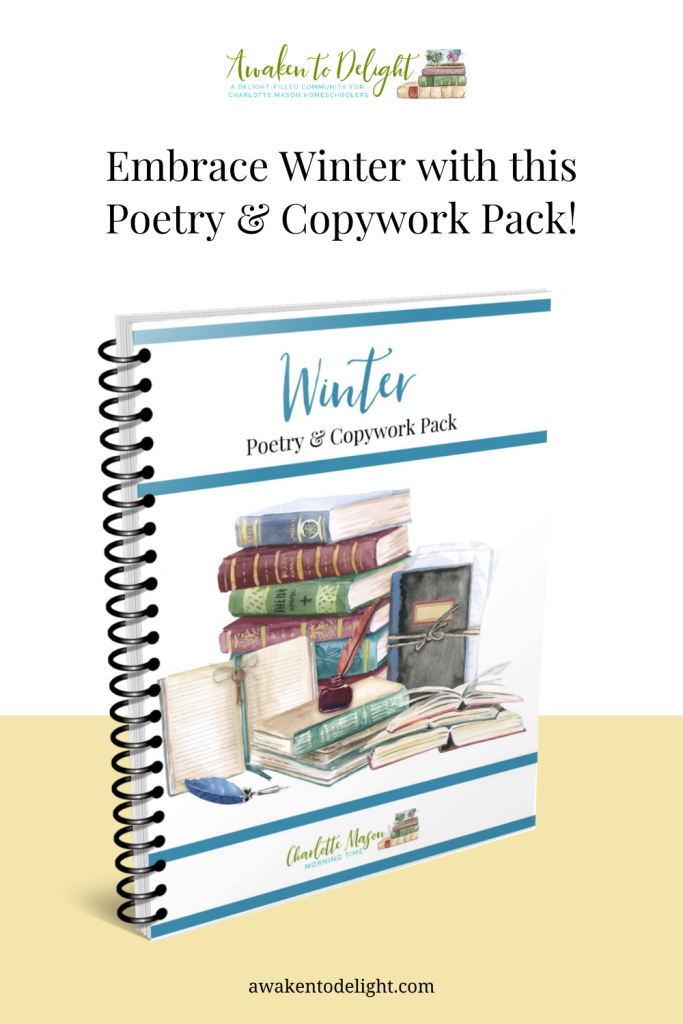
Looking for some FUN winter-inspired art for your kids and teens? Check out these courses from the Masterpiece Society:

